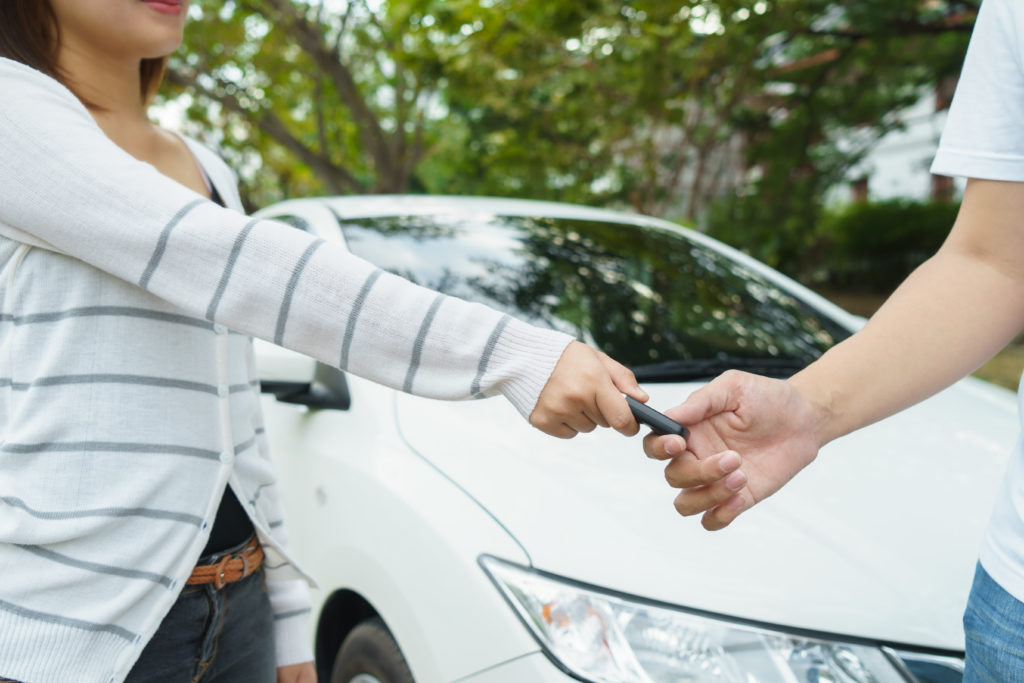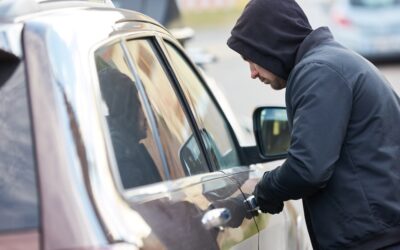“Can I drive another car on my insurance?” It’s a question many new drivers ask us. But some experienced drivers seem a little confused about this issue too.
Many drivers seem to think that, so long as you have the car owner’s permission, you’ll be covered for driving any car on your own insurance policy. But really, you could be breaking the law and face the car being impounded, your insurance policy cancelled and a conviction against your licence if you drive someone else’s car with no cover in force.
DOC Cover: What Does the Law Say?
Cover for driving other cars used to be a standard part of most car insurance policies. It’s called DOC cover, with DOC standing for “driving other cars.”
But this sort of cover doesn’t always come as standard. Sometimes, if you want to be able to drive other cars on your insurance, you’ll often have to specifically request the cover as an extra, and you’ll have to pay for it.
So When Can I Drive Another Car on my Insurance?
The two main types of insurance where ‘driving other cars’ may be available are Third Party Fire and Theft and Comprehensive car insurance
You’ll never be allowed to driver another car with just third party insurance cover.
But with all types of insurance, the specific rules vary from insurer to insurer.
Generally speaking, most insurers won’t include DOC cover in their young driver insurance policies.
If you’re under 25 and you want to be able to drive someone else’s car – your parents’ car, for example – then you might consider becoming a named driver on their policy.
You can read more about the difference between third party and comprehensive car insurance, as well as a bit more about what it means to be a named driver on someone else’s policy, in our post about learner driver insurance.
So If I’m Over 25 With Comprehensive Cover, I Can Drive Another Car on my Insurance?
No, not always! Check your insurance certificate before heading off and be sure to get permission from the owner of the other car’.
The main thing to bear in mind is that DOC cover is only ever meant to apply to emergency situations.
Some insurance policies let you drive other cars, so long as you have the owner’s permission. Other insurers may allow you to add cover to your policy for an additional fee. Most will specify that the other car you drive is owned, rather than hired.
There’ll likely be some other stipulations beyond your age. For example:
- Type of vehicle
You won’t be covered for driving emergency or commercial vehicles - Your occupation
For instance, if you have a high-risk job in the motor industry that regularly sees you driving other cars, you might not be able to get any DOC cover. - Whose car it is
Many insurance policies stipulate that you are not allowed to drive your partner’s or spouse’s car, even if you have DOC. - The other car must also have a valid insurance policy in place.
You might find that your policy doesn’t cover you for DOC at all. If this is the case, don’t risk it: You’ll be breaking the law if you get behind the wheel of another car and risk having the car impounded, having an insurance policy cancelled and getting conviction on your licence. You may also have to repay the cost of any property damage or injury claim caused by the vehicle in the event of an accident.
A key thing to remember – usually, when driving someone else’s car, your level of cover will drop down to third party. So, if you’re involved in an accident while driving another car, you’ll be covered for all third party damages, but not for any damages to the car itself. That’ll be an awkward conversation with whoever let you drive their car!
Your best bet is to check your insurance certificate and the terms and conditions of your policy to see where you stand. And if things are a bit unclear, call your insurer and ask for clarification.




